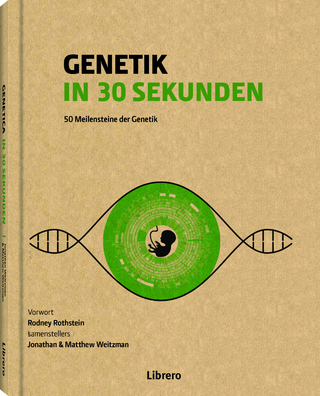
21st Century Guidebook to Fungi
Cambridge University Press (Verlag)
978-1-108-74568-0 (ISBN)
- Titel z.Zt. nicht lieferbar
- Versandkostenfrei innerhalb Deutschlands
- Auch auf Rechnung
- Verfügbarkeit in der Filiale vor Ort prüfen
- Artikel merken
The mysterious world of fungi is once again unearthed in this expansive second edition. This textbook provides readers with an all-embracing view of the kingdom fungi, ranging in scope from ecology and evolution, diversity and taxonomy, cell biology and biochemistry, to genetics and genomics, biotechnology and bioinformatics. Adopting a unique systems biology approach - and using explanatory figures and colour illustrations - the authors emphasise the diverse interactions between fungi and other organisms. They outline how recent advances in molecular techniques and computational biology have fundamentally changed our understanding of fungal biology, and have updated chapters and references throughout the book in light of this. This is a fascinating and accessible guide, which will appeal to a broad readership - from aspiring mycologists at undergraduate and graduate level to those studying related disciplines. Online resources are hosted on a complementary website.
David Moore served as Reader in Genetics in the Faculty of Life Sciences, University of Manchester until his retirement in 2009. He was elected President of the British Mycological Society in 1997, and became Membership Secretary from 2000 to 2003. He has served as Executive Editor of the journal Fungal Biology. Geoffrey D. Robson was Senior Lecturer at the University of Manchester. He served as General Secretary of the British Mycological Society for many years and was President of the Society from 2013 to 2014. Anthony P. J. Trinci is Emeritus Professor in the Faculty of Biology, Medicine and Health at the University of Manchester, and was previously Barker Professor of Cryptogamic Botany and Dean of the School of Biological Sciences. He is past President of the Society for General Microbiology and the British Mycological Society.
1. Twenty-first century fungal communities; 2. Evolutionary origins; 3. Natural classification of fungi; 4. Hyphal cell biology and growth on solid substrates; 5. Fungal cell biology; 6. Fungal genetics: from gene segregation to gene editing; 7. Structure and synthesis of fungal cell walls; 8. From the haploid to the functional diploid: homokaryons, heterokaryons, dikaryons and compatibility; 9. Sexual reproduction: the basis of diversity and taxonomy; 10. Continuing the diversity theme: cell and tissue differentiation; 11. Fungi in ecosystems; 12. Exploiting fungi for food; 13. Development and morphogenesis; 14. Ecosystem mycology: saprotrophs, and mutualisms between plants and fungi; 15. Fungi as symbionts and predators of animals; 16. Fungi as pathogens of plants; 17. Fungi as pathogens of animals, including humans; 18. Killing fungi: antifungals and fungicides; 19. Whole organism biotechnology of fungi.
| Erscheinungsdatum | 12.06.2020 |
|---|---|
| Zusatzinfo | Worked examples or Exercises; 49 Tables, black and white; 160 Halftones, color; 170 Line drawings, black and white |
| Verlagsort | Cambridge |
| Sprache | englisch |
| Maße | 218 x 280 mm |
| Gewicht | 1700 g |
| Themenwelt | Naturwissenschaften ► Biologie ► Genetik / Molekularbiologie |
| Naturwissenschaften ► Biologie ► Mykologie | |
| ISBN-10 | 1-108-74568-7 / 1108745687 |
| ISBN-13 | 978-1-108-74568-0 / 9781108745680 |
| Zustand | Neuware |
| Haben Sie eine Frage zum Produkt? |
aus dem Bereich


